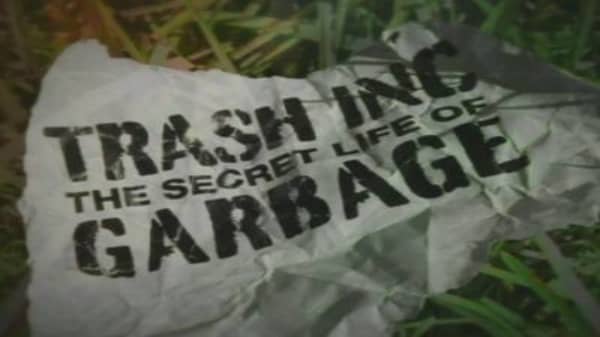About the Show
Garbage. It's everywhere — even in the middle of the oceans — and it's pure gold for companies like Waste Management and Republic Services who dominate this $52 billion-a-year industry. From curbside collection by trucks costing $250,000 each, to per-ton tipping fees at landfills, there's money to be made at every point as more than half of the 250 million tons of trash created in the United States each year reaches its final resting place.
At a cost of $1 million per acre to construct, operate and ultimately close in an environmentally feasible method, modern landfills are technological marvels — a far cry from the town dump that still resonates in most people's perceptions. Not only do they make money for their owners, they add millions to the economic wellbeing of the towns that house them. Technologies, such as Landfill Natural Gas and Waste To Energy, are giving garbage a second life, turning trash into power sources and helping to solve mounting problems. It's particularly important in places like Hawaii, where disposal space is an issue, and in China, where land and energy are needed and trash is plentiful.
One sure thing about the garbage business: it's always picking up.












